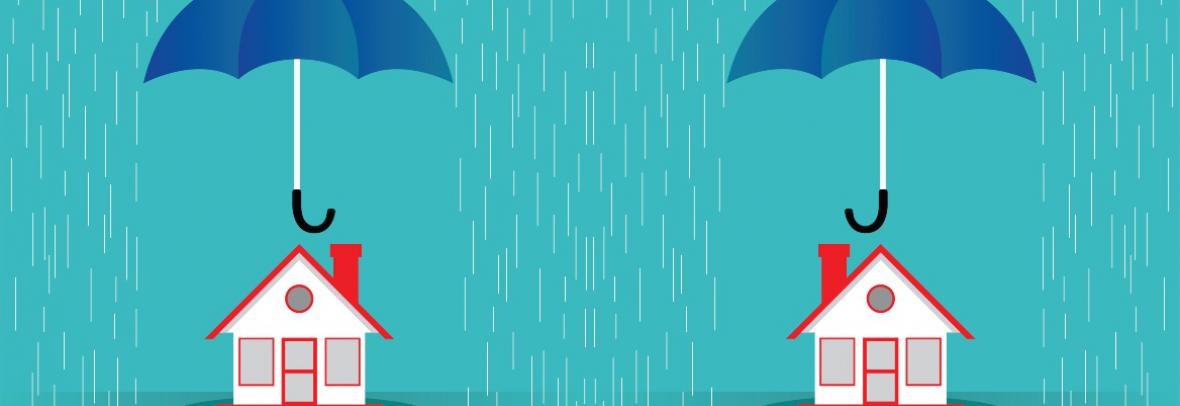
The Fla.-owned insurer’s proposed rates weren’t discussed yesterday and will now be considered Jan. 26 after critics said proposed increases weren’t high enough. Citizens is no longer the insurer of last resort, it’s “the insurer of first resort and growing rapidly,” says Chairman Carlos Beruff.
TALLAHASSEE, Fla. – State-backed Citizens Property Insurance Corp. appears likely to delay a proposed rate filing announced earlier this week, as leaders worry about a rapidly increasing number of policies and trouble in the private insurance market.
The Citizens Board of Governors was expected to take up a proposal on Wednesday that called for an average rate increase of 3.7% for residential policies. But during a committee meeting Tuesday, Citizens Chairman Carlos Beruff pushed to delay a rate decision to give time for staff members to go on a “fact-finding mission” with state regulators on rate-related issues.
At Beruff’s urging, Citizens’ Actuarial and Underwriting Committee approved a recommendation that the board wait until Jan. 26 to make a rate decision so they had time to talk with regulators. Ultimately, the Florida Office of Insurance Regulation (OIG) must sign off on any rate changes.
Florida-owned Citizens was designed as an insurer of last resort, but it’s seen large increases recently in the number of policies, with President and CEO Barry Gilway saying Citizens is adding about 10,000 policies a month. In 2018, Citizens had about 427,000 policies, a number that is projected to increase to 532,135 this year and 630,257 next year, according to the latest report.
Citizens leaders want to slow that growth, and Beruff and others say that rates need to be higher to be more actuarially sound. Beruff said Citizens’ rates are often cheaper than the rates charged by private insurers.
“We’re (not) the insurer of last resort. We’re the insurer of first resort and growing rapidly disproportionately to the market,” Beruff said. “So we have some issues that can’t continue.”
Beruff also said he’s concerned that Florida would get hit with a massive hurricane. If that happens, part of the cost to cover Citizens’ claims could fall on insurance policyholders who are not Citizens customers because a system known as “assessments” provides a backstop for Citizens.
“At the end of the day, it all falls on the shoulders of the Florida taxpayers, which is exactly what I never want to be a part of,” Beruff said.
The issues raised by Beruff have long surrounded Citizens, which worked for years to shed policies before the recent increases. But lawmakers and regulators also have faced heavy pressure from consumers to hold down rates as residents in some areas complained they couldn’t find affordable private coverage.
One factor that has held down Citizens’ rates, for example, was a decision by lawmakers to prevent individual policyholders from seeing rate increases of more than 10% a year.
Another piece in the discussion, according to Gilway, is that private property insurers are struggling financially.
“We have a situation in the overall marketplace where the overall industry profitability has dropped dramatically. … This is creating a situation within the marketplace where private carriers simply are not responding,” Gilway says. “They don’t have the capacity to respond in the marketplace. It’s also exacerbating the situation because, if a company takes action against a customer and non-renews that customer, that customer would go to the private market and likely be faced with a 20%, 30% and even 40% rate increase. Where as if they come to Citizens, they would actually be getting a substantial decrease. So it puts us in an untenable situation from a competitive standpoint.”
Source: News Service of Florida
Go to Source
Author: marlam



